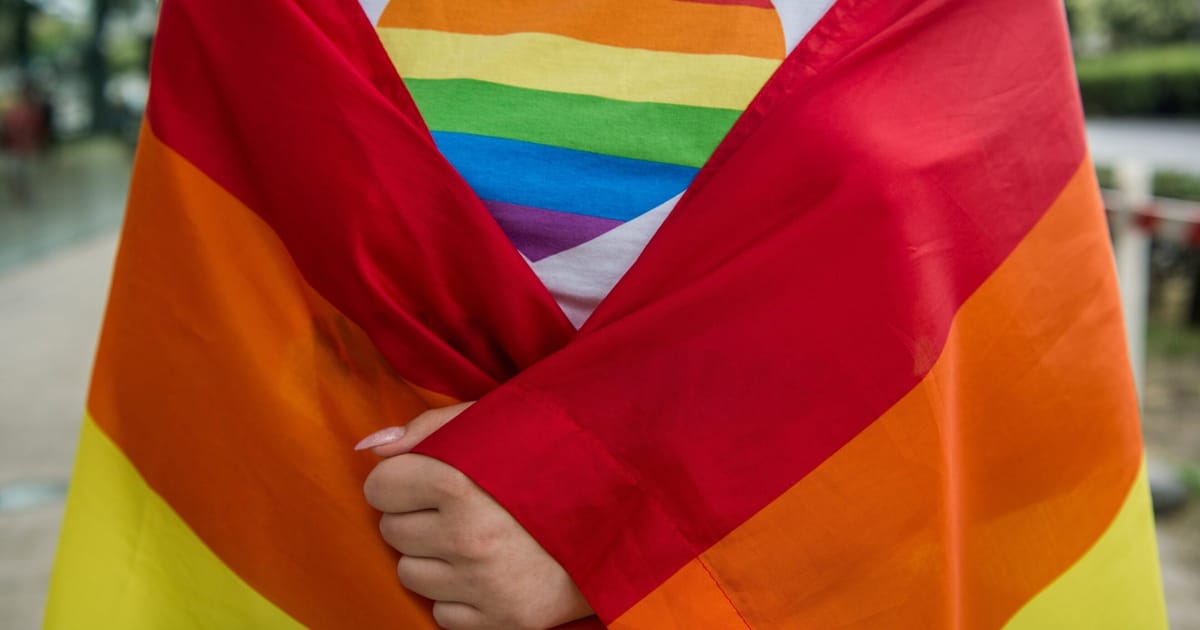

In a world where voices of change and concerns for rights continue to echo across continents, recent developments in Hungary, Tanzania, and Germany provide a glimpse into the delicate balance between state policies and civil liberties. Each narrative weaves a story of endurance, unity, and the pursuit of justice.
In Hungary, the vibrant colors of the Pride flags painted the streets of Budapest as tens of thousands stood together in defiance of a government ban. Prime Minister Viktor Orbán’s administration sought to hinder the celebration of Budapest Pride through legal threats, sparking widespread criticism not only from the public but also from across Europe. Spain emerged as a vocal critic, urging the European Commission to take a stronger stand against actions perceived as compromising democratic freedoms. Yet, despite governmental pressures, the jubilant march proceeded, its peaceful participants embodying a collective commitment to freedom of expression, dignity, and equal rights.
The events in Budapest sparked broader debates about the role of governments and international bodies in protecting civil liberties. The European Commission’s response remains under scrutiny, as Spain accused it of complicity and called for more decisive action against policies undermining democratic practices.
From Central Europe to East Africa, the fight for human rights extends to Tanzania, where two activists, Boniface Mwangi from Kenya and Agather Atuhaire from Uganda, are rallying against alleged government-led abuse. Following their alleged unlawful detention and distressing experiences in May, Mwangi and Atuhaire have vowed to seek justice against the Tanzanian government. Their resolve shines a light on both the struggles faced by activists in regions with tense political climates and the resilience displayed in their pursuit of accountability.
While political tensions simmer in Hungary and Tanzania, Germany faces its own challenges regarding political extremism. The Social Democratic Party, grappling with the rise of the right-wing Alternative for Germany (AfD), has considered legal avenues to curtail the party’s influence. AfD’s growing presence in the German parliament poses a continuous challenge to mainstream political values, prompting intense debates about the balance between safeguarding democratic practices and confronting ideologies perceived as divisive.
Meanwhile, across the Atlantic in the United States, a story of personal loss intertwined with questions of inclusivity and acceptance unfolds. Mark Richards, a beloved music teacher at a Catholic school in New Orleans, found himself at odds with the institution after it became known that he was married to another man. A parent’s complaint led to his dismissal, sparking wider conversations about the role of religious institutions in the modern discourse on same-sex marriage and employment rights. The incident reflects ongoing tensions within communities striving to reconcile traditional beliefs with evolving social norms.
These narratives, though geographically distinct, are interconnected by a shared theme: the pursuit of justice and equality. Each story underscores the importance of international awareness and support in fostering environments where freedoms are not only protected but celebrated. As nations and individuals continue to navigate these complex and often charged landscapes, the global community bears witness to both the struggles and triumphs that mark progress toward a world where human rights are universally respected and upheld.
Source: {link}
